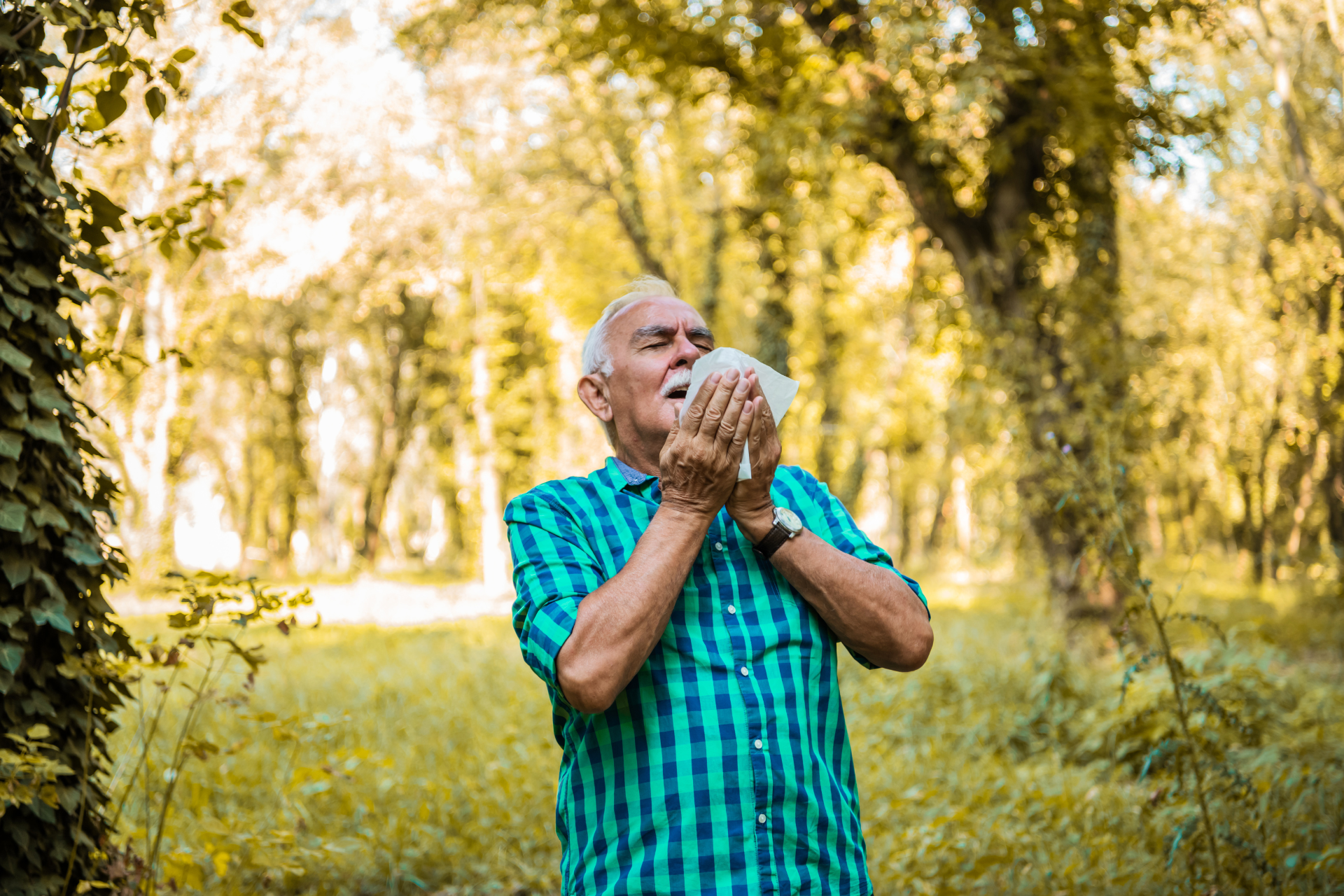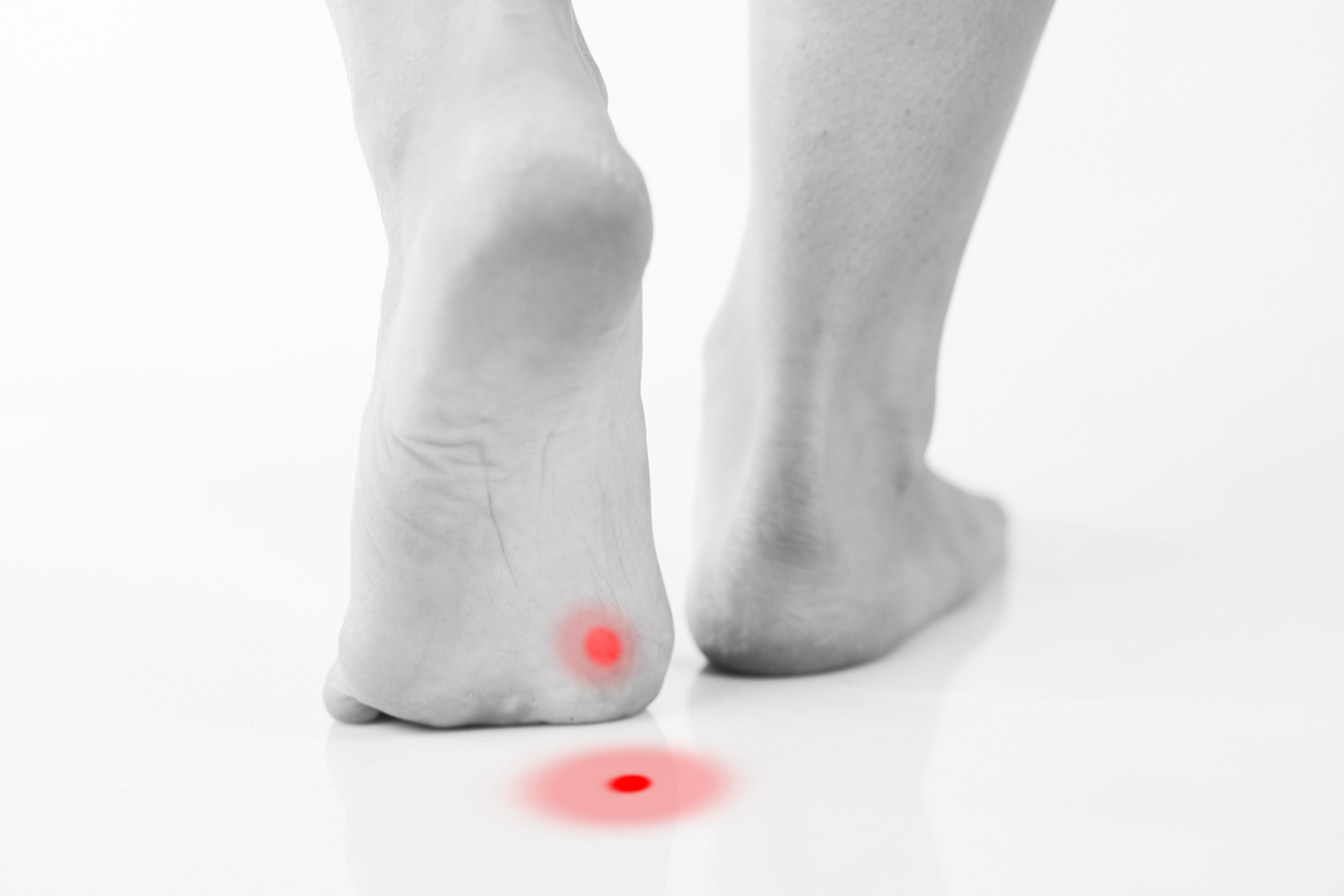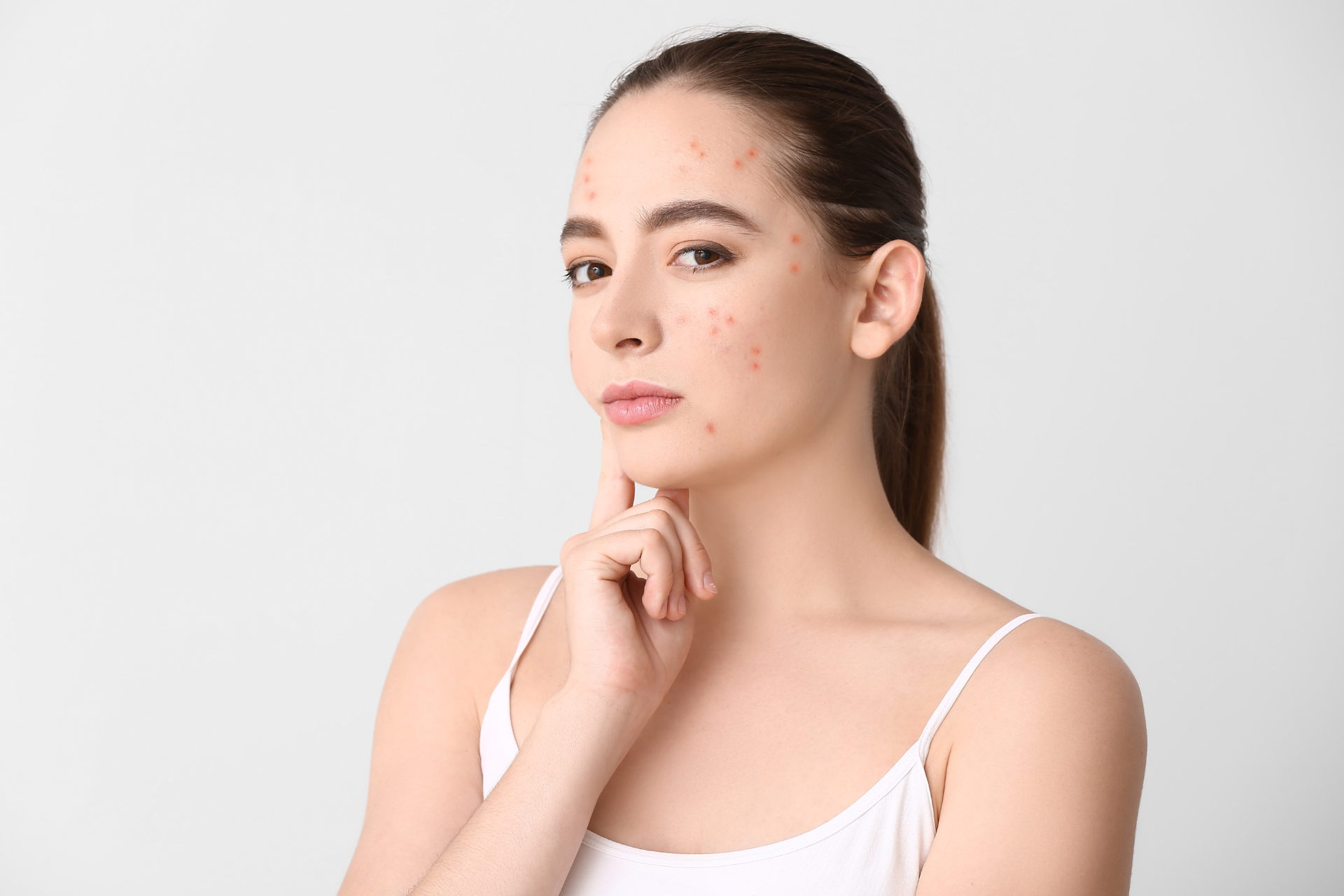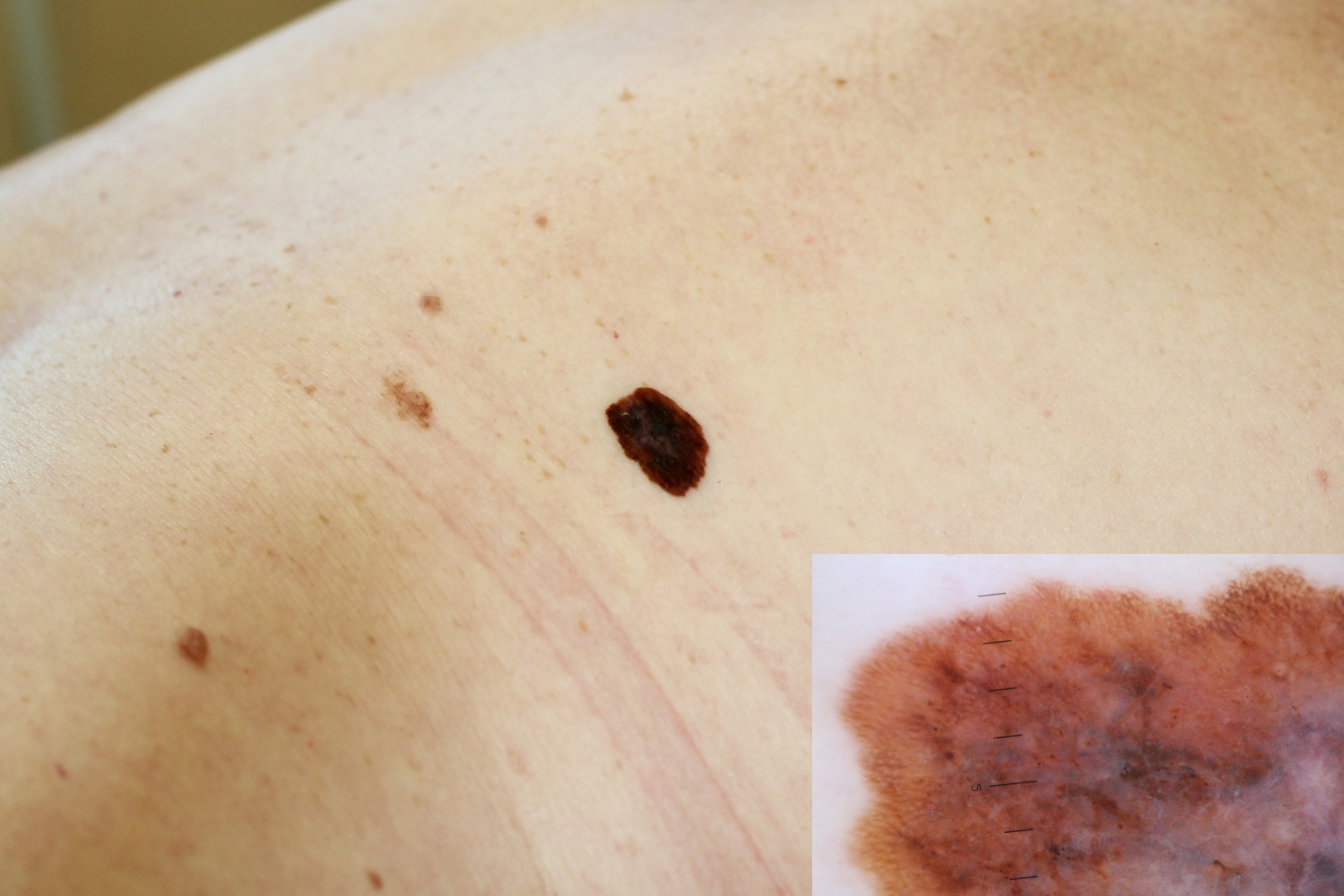Allergy Relief: Tips and Treatments for Seasonal Allergies

As the seasons change, so does the landscape of allergens in our environment. For many, spring and fall trigger a cascade of sneezing, itchy eyes, and nasal congestion—symptoms commonly referred to as seasonal allergies. At Fall Creek Skin and Health Clinic, we understand how disruptive these allergies can be to your everyday life. We aim to provide helpful tips and effective treatments to help you manage your symptoms, so you can enjoy the great outdoors once again.
Understanding Seasonal Allergies
Seasonal allergies, often caused by pollen from trees, grasses, and weeds, can lead to a host of uncomfortable symptoms. When your immune system mistakenly identifies these harmless substances as threats, it releases histamines, triggering those familiar allergy symptoms. Common culprits during various seasons include:
- Spring:
Tree pollen (e.g., oak, birch, cedar)
- Summer
Grass pollen (e.g., Bermuda grass, timothy grass)
- Fall
Ragweed pollen
Effective Tips for Allergy Management
1. Know Your Allergens
The first step toward managing your seasonal allergies is to identify the triggers. Consider tracking your symptoms and when they occur to pinpoint the specific allergens affecting you.
2. Stay Informed
Keep an eye on local pollen forecasts through reliable weather sites or allergy apps. On high pollen days, limit your outdoor activities, especially during peak hours (typically early morning or late afternoon).
3. Create an Allergen-Free Home
Make your living space a sanctuary from allergens by keeping windows closed, using air purifiers, and regularly cleaning to reduce dust mites and mold. Wash your bedding weekly in hot water and consider hypoallergenic covers for pillows and mattresses.
4. Shower After Outdoor Activities
Pollen can cling to your skin and hair. To reduce its presence indoors, take a shower and change your clothes after spending time outside.
5. Use Saline Nasal Rinses
Rinsing your nasal passages with saline can help flush out allergens and mucus, providing relief for irritated sinuses.
Treatment Options
If lifestyle changes aren’t enough, there are various treatments available at Fall Creek Skin and Health Clinic to alleviate your allergy symptoms.
1. Antihistamines
Over-the-counter or prescription antihistamines can help block the effects of histamines, reducing symptoms like sneezing and itching. Consult with our healthcare professionals to find the right option for you.
2. Nasal Corticosteroids
These prescription sprays can effectively reduce inflammation in the nasal passages, making them a potent option for chronic allergy sufferers.
3. Allergy Shots (Immunotherapy)
If your allergies are severe and persistent, you may benefit from immunotherapy. This long-term treatment gradually desensitizes your immune system to specific allergens.
4. Topical Treatments
For those experiencing skin-related issues, such as hives or eczema exacerbated by allergies, our team can prescribe topical treatments or suggest skincare products to soothe and protect your skin.
Final Thoughts
Living with seasonal allergies can be challenging, but at Fall Creek Skin and Health Clinic, we're here to help you navigate this difficult time. By understanding your triggers and utilizing effective treatments, you can minimize your symptoms and reclaim your outdoor enjoyment. If you’re struggling with seasonal allergies or have questions about treatments, don’t hesitate to schedule an appointment with us today. Your comfort and well-being are our priority!




